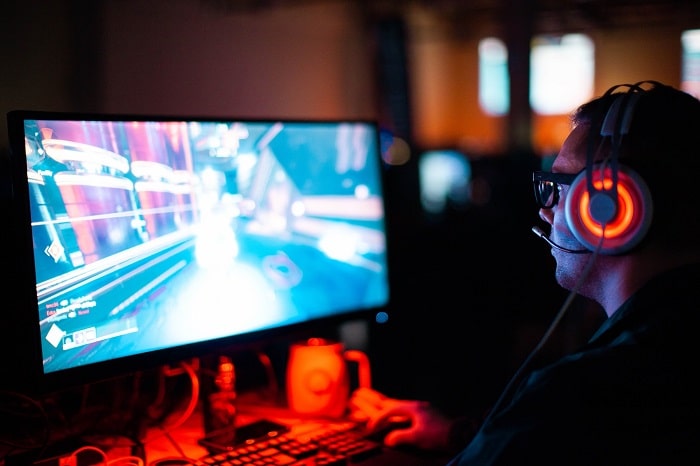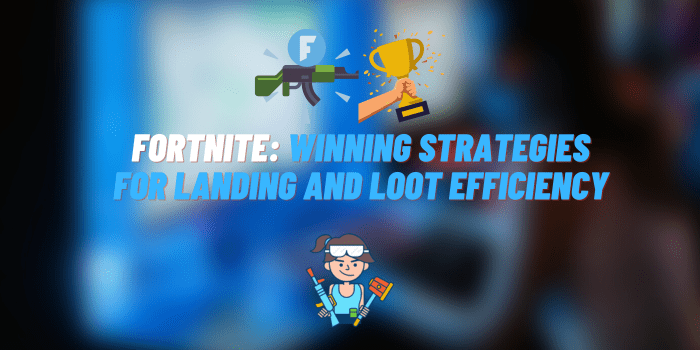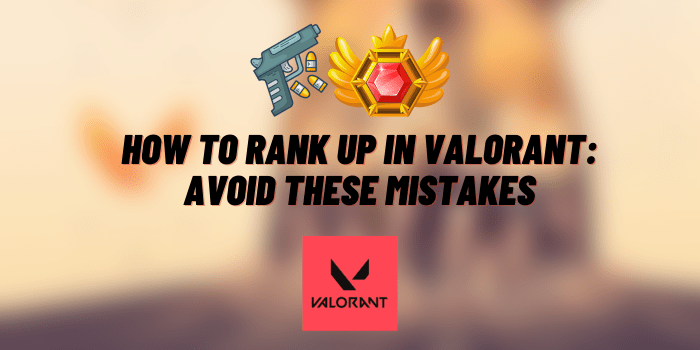5 Innovations Changing the Future of Gaming
Artificial Intelligence (AI) has permeated various industries, revolutionizing how we work, communicate, and interact with technology. In gaming, AI plays a pivotal role in transforming the entire experience for players and developers alike. From generating vast and immersive game worlds to providing adaptive and challenging opponents, AI is reshaping the gaming landscape. By leveraging cutting-edge data annotation solutions, game developers can unlock AI’s full potential and create more immersive, engaging, and personalized games than ever before. In this blog post, we will explore five innovative advancements powered by AI that are shaping the future of gaming.
1. AI-Driven Procedural Generation

AI-driven procedural generation is revolutionizing the gaming industry by creating diverse and immersive content. Traditional procedural generation relied on predetermined rules. AI algorithms now utilize vast data and advanced techniques to generate organic and visually stunning content. This approach adapts to player preferences, creating personalized experiences and saving development time.
Games like No Man’s Sky showcase the potential of AI-driven procedural generation, offering endless exploration in dynamically generated universes. With data annotation solutions, developers can harness AI’s power to create visually impressive, diverse, and tailored gaming experiences for players, pushing the boundaries of immersion and creativity.
2. Adaptive AI Opponents
AI technology has revolutionized the gaming industry by introducing adaptive AI opponents that offer dynamic and engaging challenges. Unlike traditional opponents, these AI adversaries can analyze and learn from player behavior in real-time, adjusting their strategies and tactics accordingly. By leveraging image annotation services for labeled data, AI algorithms can understand the game environment better and react to changing circumstances.
This enhances the gaming experience, providing greater challenge and immersion. Adaptive AI opponents create unpredictable and realistic virtual worlds, from shooter games to sports simulations. As AI technology advances, image annotation services will further improve the intelligence and responsiveness of AI opponents, promising even more immersive gaming experiences.
3. Natural Language Processing (NLP) for Player Interaction

Natural Language Processing (NLP) is revolutionizing player interaction in gaming. NLP technology enhances immersion and realism in games by enabling computers to understand and interpret human language.
NLP allows players to engage in spontaneous conversations with non-playable characters (NPCs) using their own words and phrases. This dynamic dialogue system creates a more authentic and immersive experience.
With NLP, NPCs can understand the context and provide contextually relevant responses, enhancing storytelling and character development. Games like “The Elder Scrolls V: Skyrim” showcase the potential of NLP in creating immersive role-playing experiences.
As NLP technology advances, we can expect even more sophisticated dialogue systems that blur the line between virtual and real-world interactions, providing players with unparalleled experiences in gaming.
4. AI-Based Player Behavior Analysis
AI-based player behavior analysis utilizes advanced algorithms to analyze player actions, preferences, and real-time patterns. This analysis provides valuable insights for game developers, allowing them to understand player motivations, frustrations, and engagement levels. By leveraging this data, developers can personalize the gaming experience, adapt difficulty levels, provide tailored recommendations, and dynamically adjust the game’s narrative to suit individual player preferences.
Additionally, AI-based player behavior analysis helps identify and address gameplay issues efficiently, enabling quicker iterations and improvements. This data-driven approach to game development enhances player satisfaction, retention, and overall enjoyment. As AI technology evolves, we can expect even more sophisticated and nuanced player behavior analysis, further enhancing the gaming experience.
5. Intelligent Game Design and Testing

Intelligent game design and testing leverage AI algorithms to streamline and automate various aspects of game development. AI can analyze game-related data, identify patterns, and provide valuable insights for improving game design. Additionally, AI algorithms simulate and test different scenarios, optimizing gameplay mechanics and ensuring game quality. By automating testing processes, AI reduces manual effort, saving time and resources.
Furthermore, AI enables adaptive and personalized gaming experiences by analyzing player behavior and dynamically adjusting game elements. With the help of AI, game developers can create more engaging and high-quality games while enhancing player satisfaction and enjoyment.
Conclusion:
As AI technology advances, the potential for innovation in gaming grows. With the aid of data annotation solutions, image annotation services, and AI algorithms, game developers can unlock AI’s full potential and create visually stunning, immersive, engaging, and personalized games. The future of gaming is poised for continued transformation as AI continues to push the boundaries of creativity, immersion, and player satisfaction. It’s an exciting time for gamers and game developers alike as AI paves the way for an extraordinary gaming landscape.






